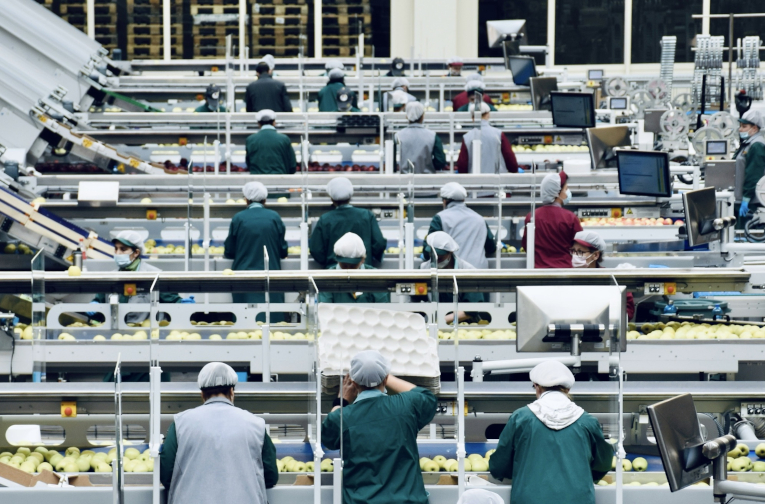Last year, I attended a meeting of Agri Foods for Net Zero (AFNZ) that has remained in my drafts until now, yet it remains surprisingly relevant. This gathering aimed to devise a research agenda focused on expediting the transition to Net Zero, though much of the discussion was deemed unattributable.
The meeting commenced with a presentation from Tim Benton, affiliated with Chatham House and Leeds University. He highlighted a “triple lock-in” phenomenon that is adversely shaping the food sector.
Benton described these dynamics as decidedly “destructive,” emphasizing three alarming statistics:
- Despite current food production being sufficient to feed the global population, nearly one in ten people are under-nourished, a figure that has been rising again after a prolonged decline.
- Approximately 770 million individuals, or nearly one in ten globally, are classified as obese.
- The Food and Agriculture Organization (FAO) estimates that the external health costs linked to our food system reach at least $10 trillion each year.
The FAO’s report details that over 70 percent of these immense hidden costs stem from unhealthy diets, particularly those high in ultra-processed foods, fats, and sugars, contributing to obesity and non-communicable diseases. This is notably pronounced in wealthier nations. Environmental costs, including greenhouse gas emissions, land-use changes, and water utilization, account for approximately one-fifth of the total costs incurred by all countries.
Moreover, poverty and under-nourishment also impose hidden costs, particularly in developing nations. In affluent countries, childhood hunger results in lost opportunities and lifelong health expenses. You can view the FAO’s complete report for a deeper understanding of these challenges.
Benton articulated three interconnected factors that reinforce this troubling scenario:
1. The Cheaper Food Paradigm
2. Market Concentration
3. Path Dependencies
This cheaper food paradigm, according to Benton, underpins and perpetuates the prevailing system. It is built on several critical assumptions, including the notion that consumption drives economic growth, that cheaper food is inherently beneficial for development, and that governments should not intervene in dietary choices or minimal food safety nets.
Current policies emphasize efficiency and market liberalization, often overlooking food waste and health repercussions. Farming practices focus intensively on a limited range of commodities.
Market concentration presents another substantial barrier, as a handful of dominant players control the market. These companies tend to resist change, absorbing competitors and acquiring innovators. Their innovations prioritize scale and efficiency, making it exceedingly difficult for new entrants to challenge the status quo.
Path dependencies reinforce this entrenched system, with prevailing investments and incentives entwined with market dynamics. Benton highlighted how the financial evaluation methods used by investors for publicly traded companies perpetuate near-monopolistic structures, leading to a scenario where “cheap food” often results in high profit margins while incurring significant hidden social and environmental costs.
The costs linked to environmental degradation, which are often unaccounted for, also create substantial hurdles to meaningful change, both politically and economically. As a result, the food system appears highly fixed yet precarious, as Benton noted that evolving circumstances threaten its stability.
The health and environmental drawbacks of the current model are increasingly eroding confidence in the cheaper food paradigm. Moreover, geopolitical shifts—such as moves towards onshoring and increased protectionism—are destabilizing foundational assumptions that have historically supported the food system.
Benton illustrated the political landscape involving the food system, depicting a triangle formed by markets, politicians, and consumers or citizens. The relationship dynamics within this triangle, affected by how individuals define their roles as citizens or consumers, are critical.
External factors are destabilizing this political triangle as well. Benton posited that events spurred by these externalities could soon alter the political discourse surrounding food, potentially shifting societal values rapidly.
To summarize, dismantling the triple lock-in is crucial for initiating systemic change in our food system. Such transformation is vital to addressing the pressing health and climate consequences stemming from our food choices. Benton concluded, stating, “The politics will change as the world changes.”
This ongoing discourse surrounding the food industry underscores the urgent need for reform and innovation, given the unsustainable trajectory it currently follows.






